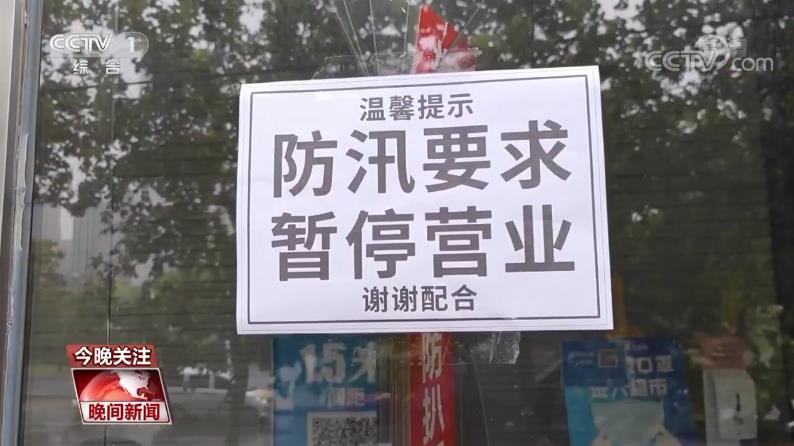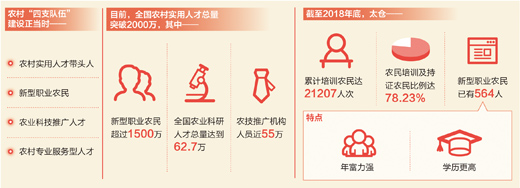The story should start with a family dance competition.
In the future, these competitions will be held online, and families will be divided into three groups and four groups.
Jack’s family is a foursome.
Father, mother, brother, sister, members gathered together and loved each other perfectly.
But … wait.
Father is white, mother is black and two children are yellow?
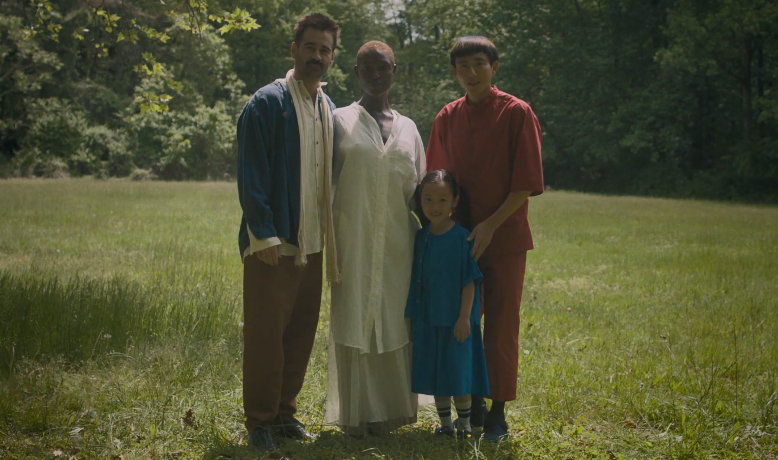
This family composition is complicated enough.
More complicated.
At the end of the game, Jack’s family lost.
However, the son (Yang)’ s hand still kept waving and waving.
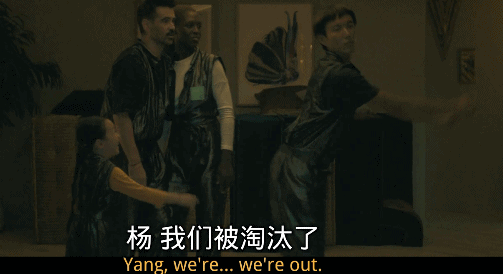
He actually … crashed! ! !
Yes, literally, my son turned out to be a robot!
From cross-racial to cross-biological, Sir is more and more curious. Where will this story go?
Yanghou
After Yang
After Yang, a new film A24, is adapted from the short science fiction novel Say goodbye to Yang.
Yang, the hero of the movie, is a robot set as a boy in China.
American movies, Korean directors, China protagonists and China culture collide to produce wonderful chemical reactions.
"Fruits of Summer" and "Everything about Lily Zhou", all kinds of popular elements, dream back to twenty years ago at any time.
On the surface, the film is still about robots.
But under the fusion of various new elements, this time, the director wants to express more than "the relationship between robots and people".
01
breakdown
Tell the story back.
Jack’s family are all worried about Yang’s crash.
Yang is an outsider in this family.
When Jack bought Yang, it was to accompany his yellow-skinned daughter Mika to grow up, so that she wouldn’t be upset because of her different skin color from her parents. -Mika is actually adopted.
The severance of blood relationship and emotional alienation make the word "home" more ambiguous.
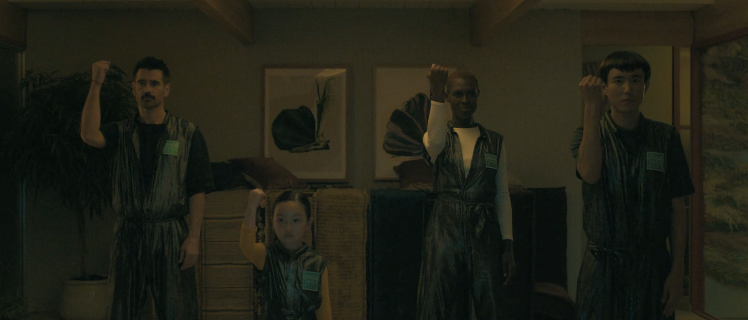
For many years, Yang taught Mika Chinese and told her about China culture.
Mika, on the other hand, has always called Yang "Brother" in Chinese.
The family is very dependent on Yang.
Yang is good everywhere, but the quality is not good.
Strange to say, jack was greedy for cheap.
To buy Yang Shi, he did not buy it directly from the official company, but from an agency.
It means that Yang is not brand new, but has been returned to the factory to be rebuilt.
The buyer told him that Yang had only been used for five days, but it could save a lot of money for their family.
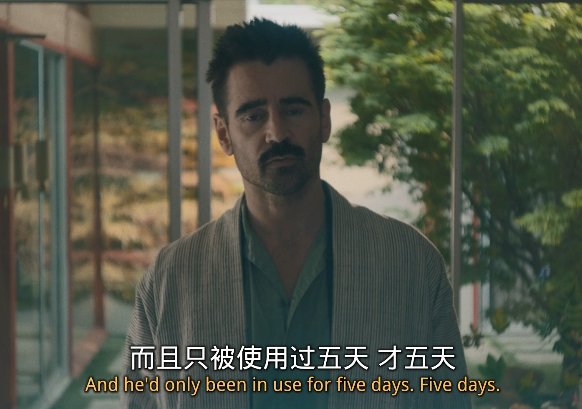
There is no such thing as a "free lunch".
Sure enough:
Yang suddenly shut down without warning.
Mika cried for her brother.
Jack and his wife Keira had to bite the bullet and continue their lives.
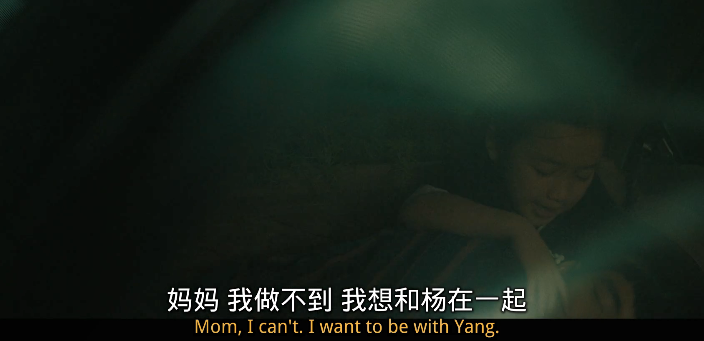
But the situation is far more difficult than they thought.
I found the agency that bought Yang in those days and ran away early.
Find the official repair point of the original company, and people say that the parts are all normal, but the bad part is the core fault, which can’t be repaired.
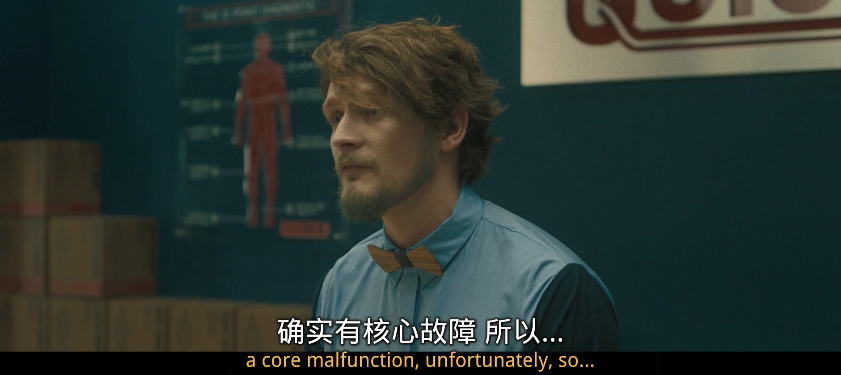
So, Jack looked for various methods.
Beyond all legal forms and commercial terms, ask for help from robot researchers in exchange for his maintenance on the condition of studying Yang.
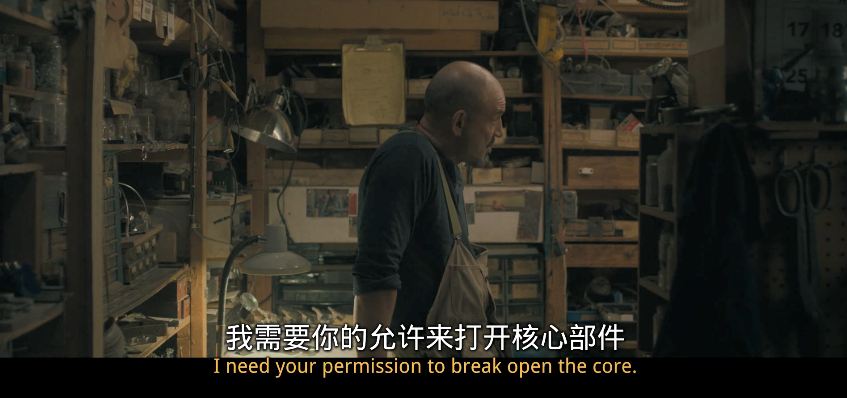
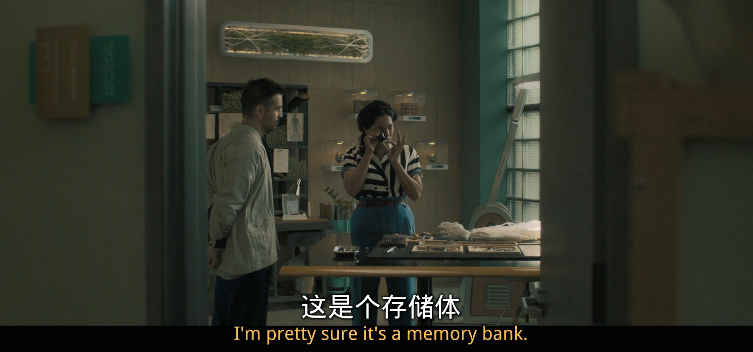
Salvation is the motive force at the beginning of this story. They tried their best to save Yang, and at the same time, they were also saving the family.
However, the title of the film, as you know, is Queen Yang.
In fact, a more accurate translation is After the Death of Yang.
02
secret
After Yang is a very soft soft science fiction.
As a robot, Yang has neither super power display nor dazzling technology embodiment. Remove the element of artificial intelligence, and you can even treat him as an ordinary person.
This is the director’s intention.
Look at Sir.
The background color of Queen Yang is like a mourning film wrapped in quiet sadness.
At the beginning of the film, Yang died.
The rest is just a long farewell.
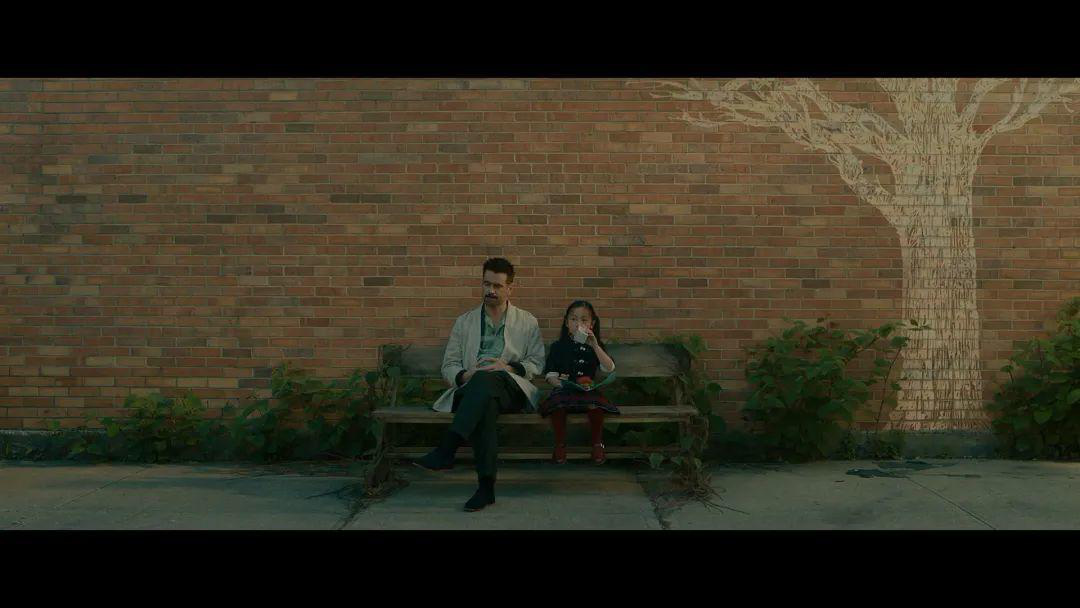
In many movies, we can see this "routine", that is, the more familiar we are with the person, the more we can understand this person after his death. Diary of the Sea Street and Long Farewell …
After Yang is no exception.
Yang has always been a perfect robot.
He has a high IQ and can communicate freely with human beings. Gentle personality, take care of the family in every way.
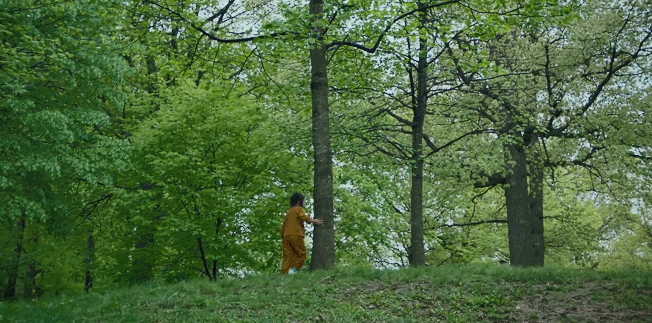
Rich in knowledge, just like a walking museum of Chinese culture.
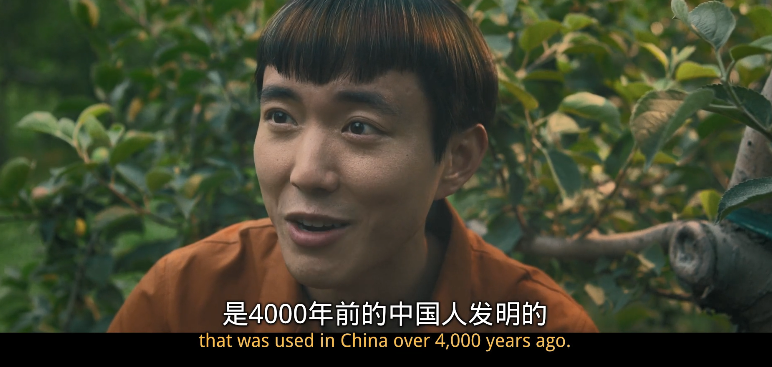
Especially when Jack and Keira are busy at work, he is an indispensable good helper.
Yang is like a member of a traditional family who works hard and is extremely dependent on everyone.
But one day, the family suddenly lost him.
Everyone was caught off guard.
Jack opens Yang’s memory bank, which contains an image he recorded every day.
Like entering a secret forest, unknown.
Mika’s growth record.
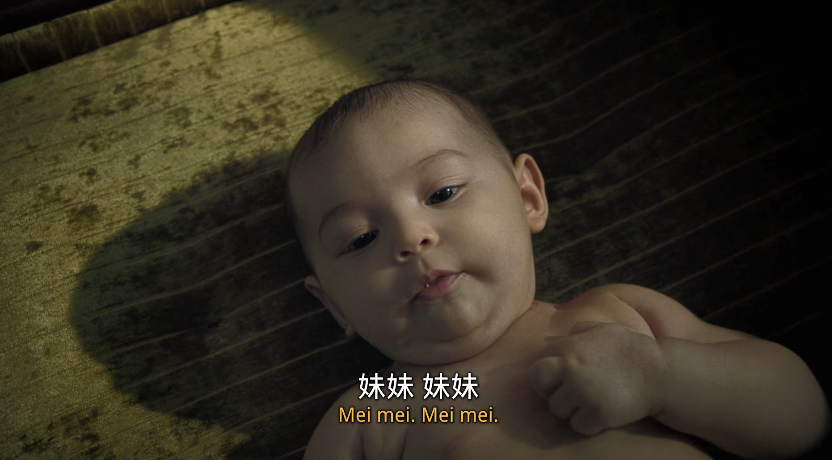
And Yang’s own smile in the mirror.
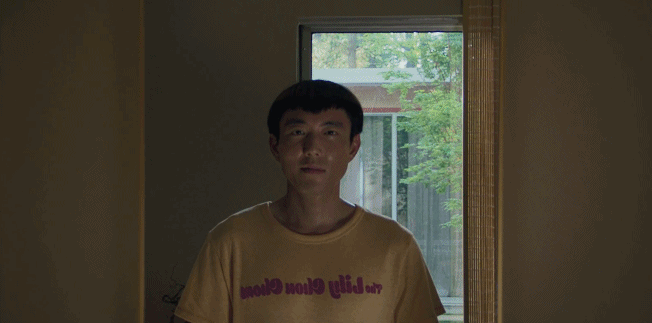
Huh? Why is there a strange girl?
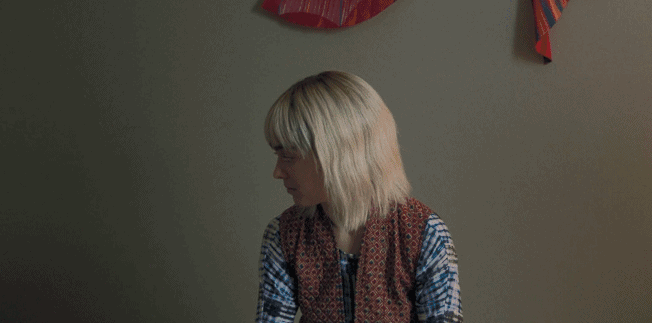
The memory fragments like the stars of Yang are accompanied by the family’s memories of Yang.
His image is gradually three-dimensional and complicated.
It turned out that they ignored so much.
He can think for himself.
Taking a family photo, Yang fiddled with the camera and watched his family call him over. Yang suddenly lost his mind for a moment.
At that moment, he was probably thinking about what he meant to this family.
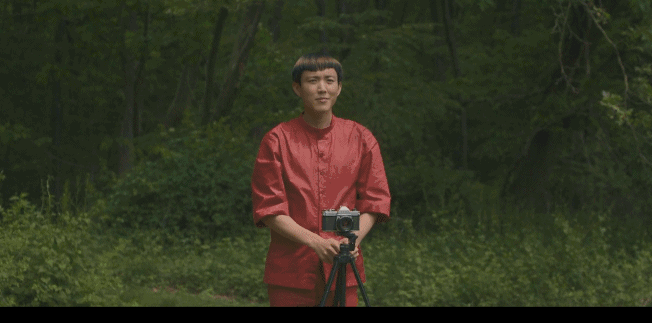
He will still fall in love.
Jack found the girl that Yang stored in his memory through various clues.
Only then did I know that he would strike up a conversation with a girl he likes, date her and talk on the phone like a human being.
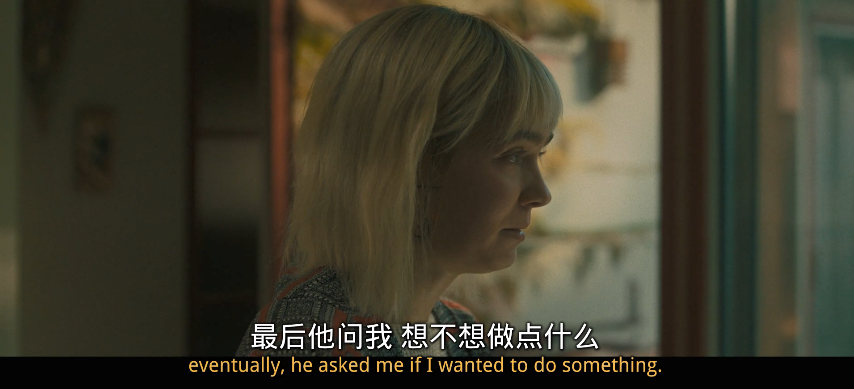
And then along more memory storage fragments.
Jack found out.
He is their Yang, not just their Yang.
The stories he has experienced and the emotions he has are far more complicated than the Jack family imagined.
Yang is a robot that has experienced several generations.
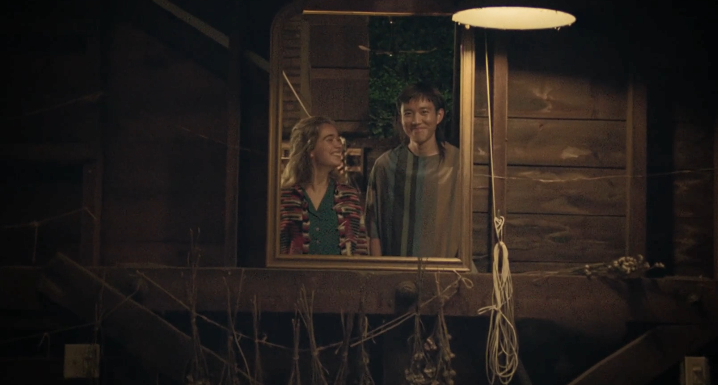
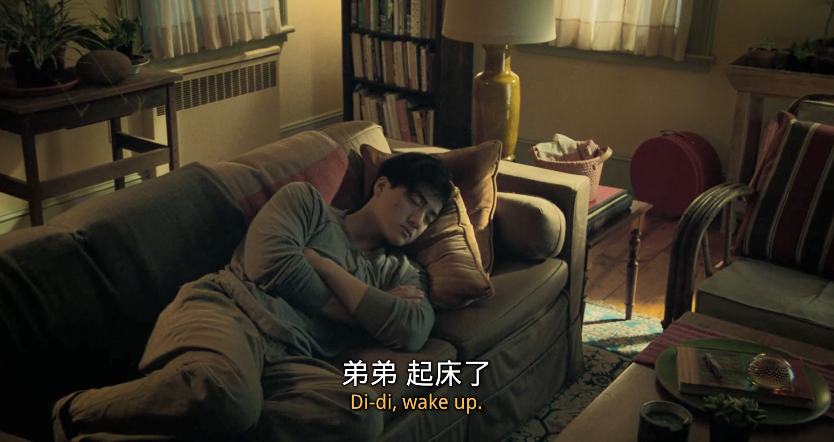
The cello version of "Fruits of Summer" quietly sounded after the family got to know Yang again.
The melody is sad, but here, Chinese can feel it better.
How relevant the lyrics of its Mandarin version are.
"Maybe giving up can get close to you."
"The accumulation of time, the fruit of this midsummer, the lonely fragrance in memories."
On the surface, the director is talking about the relationship between man and artificial intelligence-whether AI has feelings or not, and human beings don’t know the secrets of AI enough.
But in fact, what the director wants to examine through AI is human’s own consciousness and emotion.
When we maintain our image, form a family and integrate into a large group, do those barriers really disappear?
You vaguely feel that something is wrong, but you can’t tell where it is.
In other words, everywhere.
03
minority
According to the data of the US Census Bureau in 2020, among the more than 300 million people, whites only accounted for 53%.
Of the rest, 18% are Latino, 13% are African-American … and Asians also account for 5%.
True to its name, it’s a multi-ethnic melting pot.
The future society built by Queen Yang is a huge diversified melting pot.
In addition to the protagonist family, white people, black people, Chinese people and robots.
And, human cloning.
The film spent a lot of time talking about the differences and barriers of various identities.
"Identity" is the key to understanding movies.
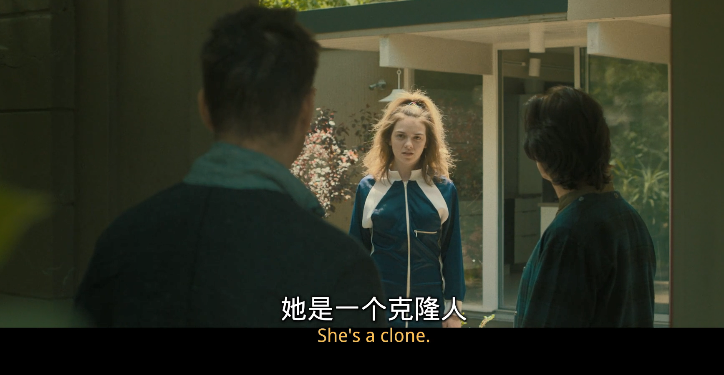
The two plots are meaningful.
Conversations from Yang and "Father" and "Mother" respectively.
First, Jack and Yang discuss China tea.
When Jack talks about tasting tea, it feels like walking through the forest after the rain, and the scene is all in a cup of tea.
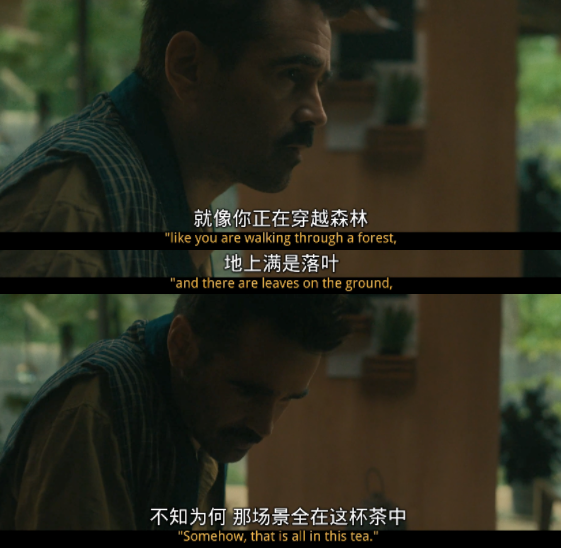
He also taught Yang to smell tea, saying that he could smell history from the inside.
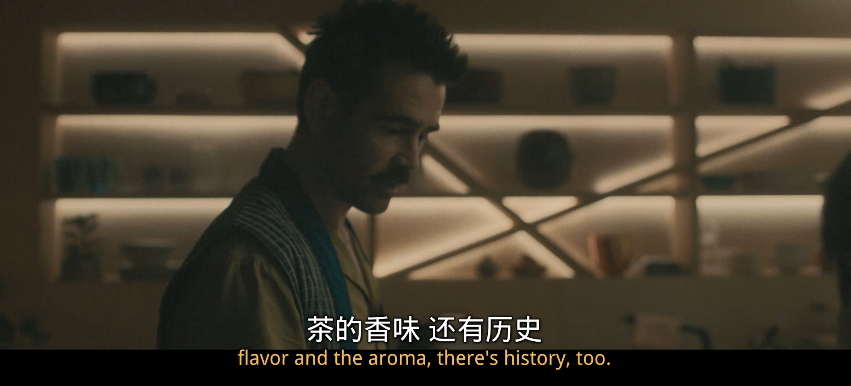
He forgot.
Imagination and synaesthesia seem to be the privileges of human beings.
But then, Yang described another beauty of tea in his eyes from the perspective of his "robot".
Tea blooms and floats in the water.
I hope to know more about tea.
I hope I have a true memory of China tea.
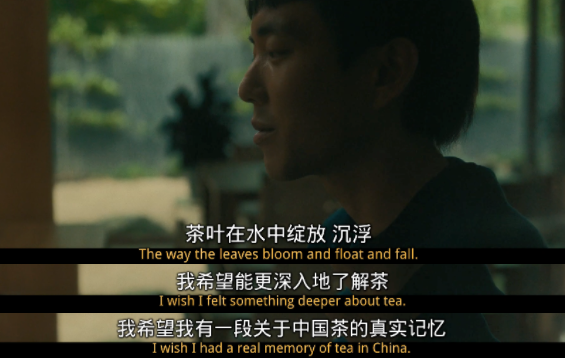
At that moment, it seemed a little beyond Jack’s cognition.
He subconsciously asked the basic question to test "Are you a human or a robot": Are you happy?
Yang replied, I don’t know if this is a problem for me.
A delicate game.
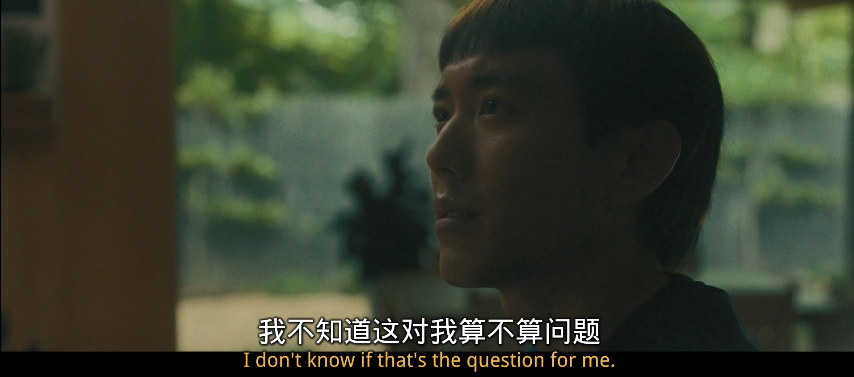
The other is that Keira and Yang talk about death.
Yang said, even if life is nothing after the end, I can accept it.
Keira was obviously shocked to hear such words from a robot population.
Like Jack, she asked Yang, Will you feel sad?
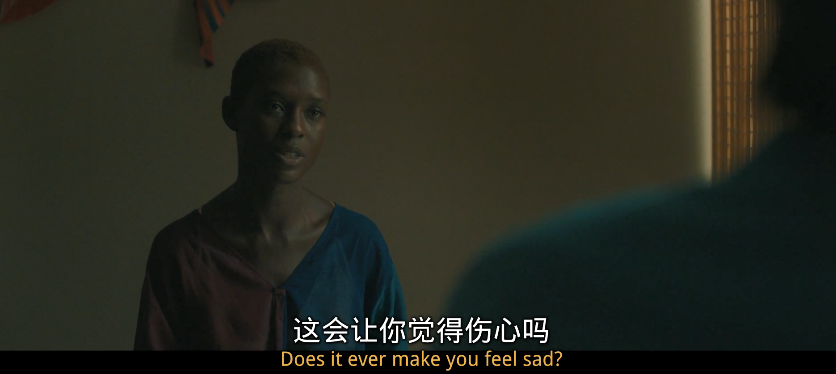
Happy, sad.
People always use their own emotional standards to measure everything.
Just like after Yang’s "death", Jack asked his clone girlfriend if Yang had ever suffered for being a robot and wanted to be human.
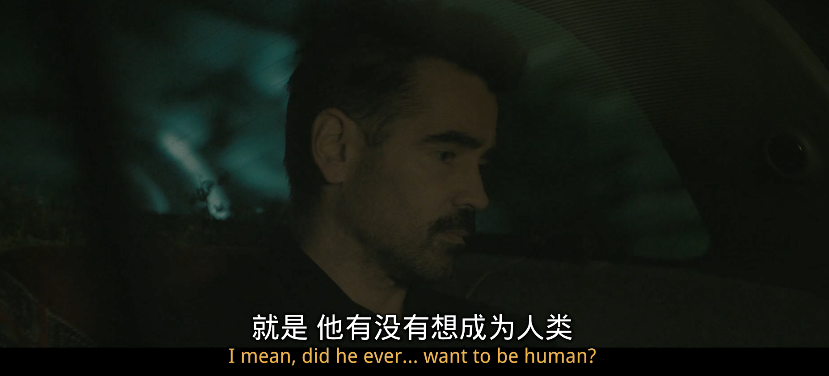
Yes, after all, in the concept of human beings, in countless works about robots, they all want to become human beings and even replace human beings.
But the girl laughed after hearing it: this is the question that human beings ask.
We are all familiar with the tradition of China, and we all know the story of "a child is not a fish". Yang has always said "Zhuang Zhou Meng Die", but no one really understands the meaning of these two stories.
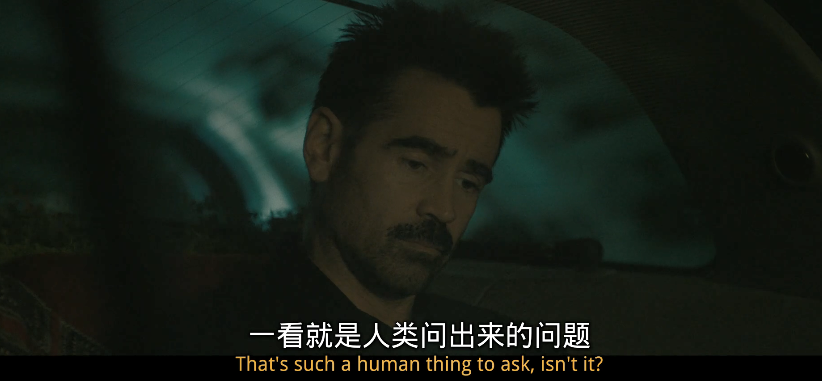
On the surface, what we are discussing here is the identity of human and non-human, but in fact, under the shell of biological dialectics, everyone is confused in reality.
Namely:
What is me?
We miss live high, but we often materialize our lives.
By wealth, by status, by knowledge, by skin color.
Even robots are unconsciously enslaved.
In the movie, Yang often asks his girlfriend:
Are you Chinese? What are the characteristics of Asians?
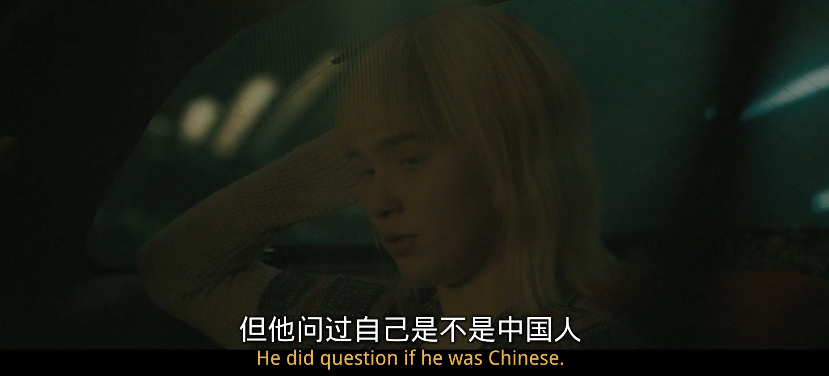
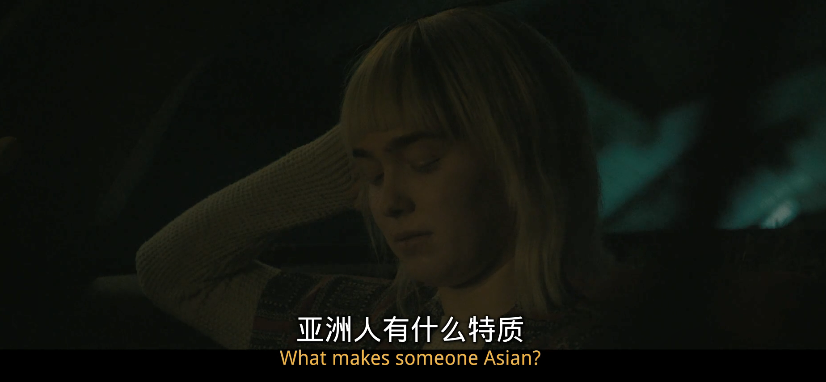
This is because.
His sister, as the daughter of Chinese, is often asked about her biological parents by her classmates at school, which hurts her very much.
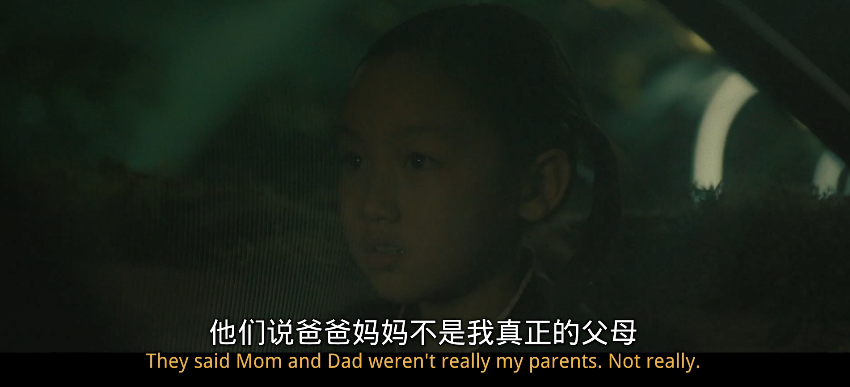
Asians and Americans, robots and people, the corresponding relationship designed here is very clear.
To put it bluntly, Asians still exist in a weak position in a seemingly mixed and diverse environment.
Which is what we call a minority.
Reject the label and you will be marginalized.
But if you erase the label and go into the mainstream, you may also lose your "self".
This is probably the confusion that Guo Gongda, as a Korean director, really wants to express.
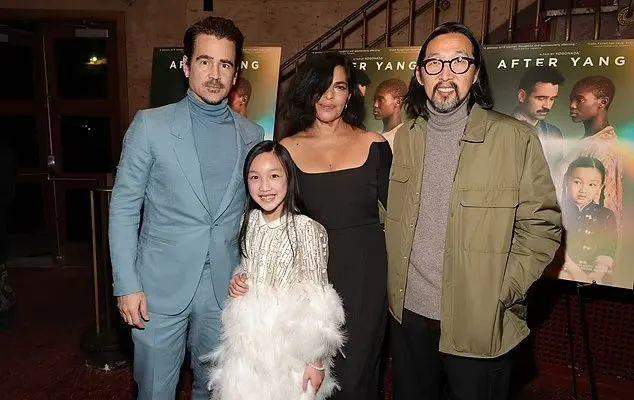
Later Yang figured it out.
I don’t want to live in the perfect narrative of others.
He used "grafting", a technology invented by Chinese thousands of years ago, as a metaphor for the fate of the brother and sister.
A branch is taken from one tree and grows together with another tree.
That’s all it is.
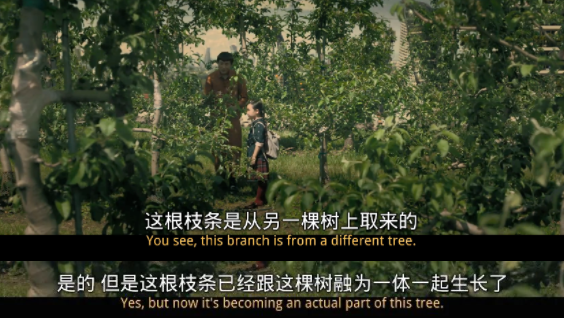
Mika blurted out:
"It’s just pretending to be part of this tree."
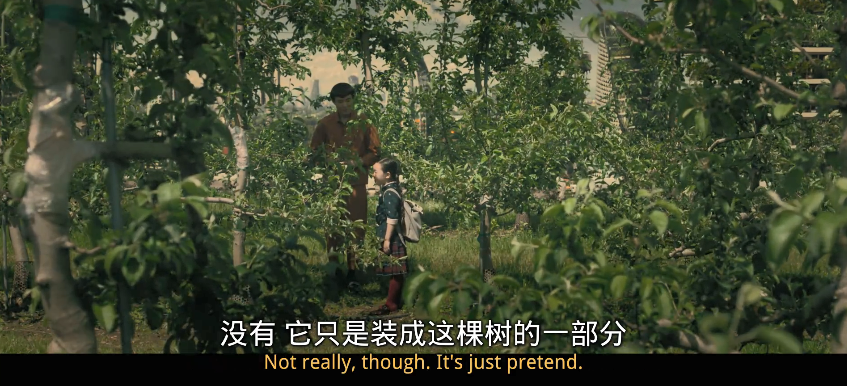
Yang said, "Doing so can create new things."
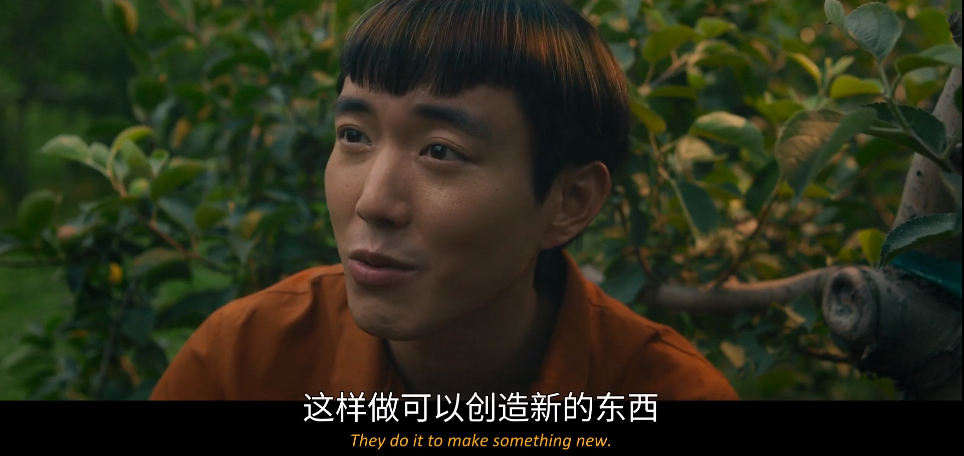
An almost beautiful and extravagant hope.
Because we are well aware that the 23 million Asian population in the United States will still face more or less discrimination at a time when different groups are increasingly divided and conservative, and misunderstandings and conflicts are surging.

△ Image source: Pew Research Center
However, After Yang believed in hope.
In the process of saving Yang and re-understanding Yang, the family finally reached some kind of emotional redemption and perfection.
This is the value of "After Yang".
It’s not a rush to smooth out the differences.
To tell you honestly, the difference is there, and the gap may not disappear completely.
But those most universal and sincere feelings are always the channel to understand another language and another existence.
Just like Mika came to Yang Zeng’s room in immature Chinese and said goodbye to him.
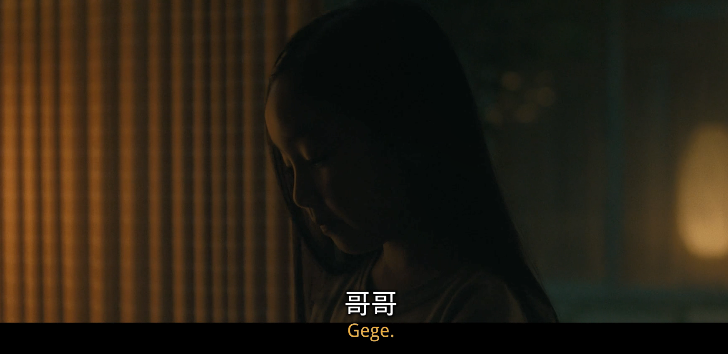
Just like his girlfriend lying on Yang’s chest, as if he still had a heartbeat.
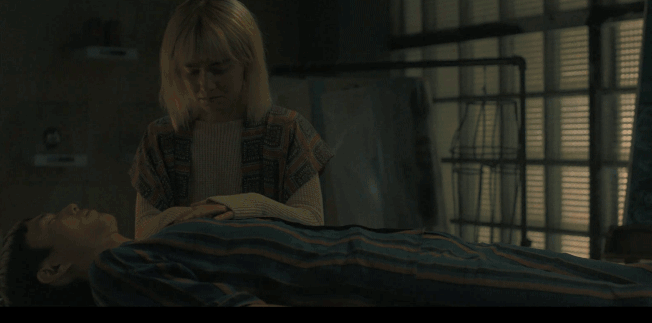
You can think of him as AI.
But if you read it out gently:
It is love.
The picture in this article comes from the Internet.
Editor’s Assistant: M is the murderer.






































